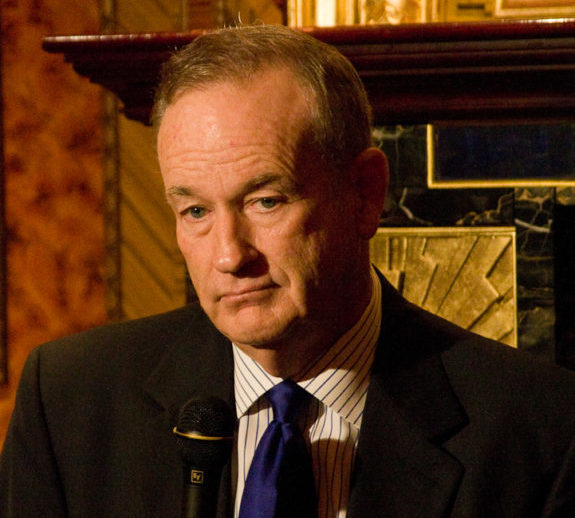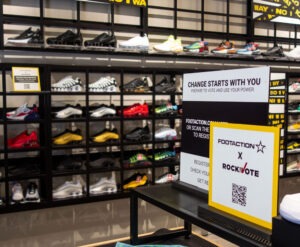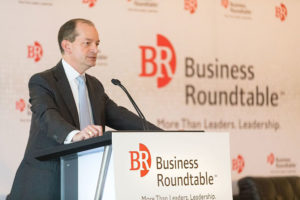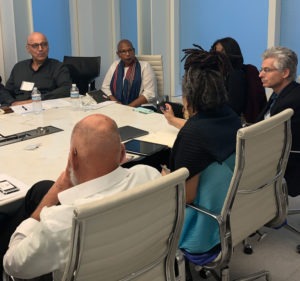
April 10, 2017; Triple Pundit
Writing for Triple Pundit yesterday, Tina Casey notes a shift occurring in the realm of corporate social responsibility. It’s one we’ve recently noted: Corporations have to be called into service for boycotts less and less often; they are volunteering—enthusiastically in some cases—as an increasingly familiar aspect of the new corporate social responsibility (CSR).
Casey points out that boycotts have become a steady feature of the political landscape in recent months, with one of the latest targets being the conservative O’Reilly Factor. A robust group of 52 companies has pulled their ads from the show over the past few weeks, including some fairly big names, such as Advil, Mercedes, BMW, Jenny Craig, Bristol Myers Squibb, Reddi-wip, Coldwell Banker, and Southern New Hampshire University.
According to Casey, “As a group, the advertisers that fled the program have simply shifted their dollars to other Fox programming, so the show could continue with the financial backing of the network.” Media analyst Jay Rosen comments for an article in BuzzFeed that even though an ad boycott may potentially threaten profitability, it is not likely to end in Fox ditching O’Reilly. “Fox’s audience is already built on resisting feminism and complaints and campaigns,” he said. “Fox’s journalism is often reckless, so its hosts can be too.”
The Hill reports that O’Reilly’s viewership, the largest in cable news, was up last week as the sexual harassment story broke and has risen significantly in year-over-year statistics.
Sign up for our free newsletters
Subscribe to NPQ's newsletters to have our top stories delivered directly to your inbox.
By signing up, you agree to our privacy policy and terms of use, and to receive messages from NPQ and our partners.
The O’Reilly Factor averaged more than 3.7 million total viewers and 652,000 in the key 25-54 demographic last week.
When compared to the same week in 2016, O’Reilly’s primetime program was up 28 percent in total viewers and 42 percent in the key demographic that advertisers covet most, according to Nielsen Research.
But this has not stopped the boycotting companies from building on the moment to declare their value sets as being inclusive (as are their markets,) and BuzzFeed presents a few of the statements:
- “The allegations are disturbing and, given the importance of women in every aspect of our business, we don’t feel this is a good environment in which to advertise our products right now.”—Mercedes Benz
- “As a company, we seek to partner with companies and programming that share our values of inclusion and diversity. We will continue to monitor and evaluate the situation as we plan future advertising decisions.”—Hyundai
“In effect,” writes Casey, “companies have become the boycotters, and they are only just beginning to realize the depth of that power.”
That may be, but the details matter. As Rosen observes, “The bottom line is Fox doesn’t care, and that comes from the top…It will come down to a culture war and whether they choose to fight it.”—Ruth McCambridge













